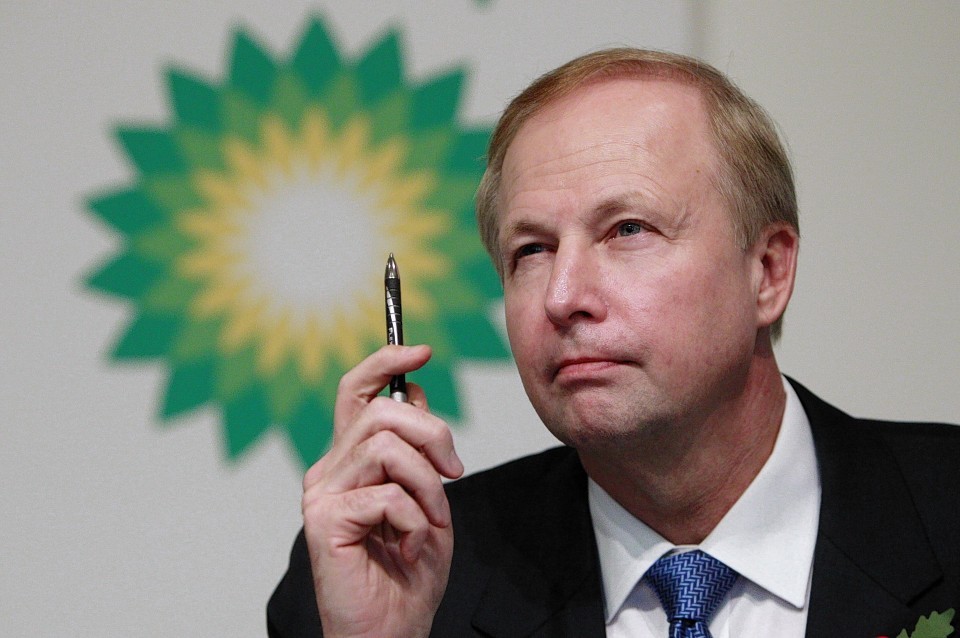BP boss Bob Dudley and Scottish entrepreneur Duncan Bannatyne were among 103 executives to back the Conservatives economic plans yesterday.
In a blow to Labour, the group signed a letter supporting the coalition’s corporation tax cut and warned that a “change in course” on economic policy would risk jobs and deter investment.
Ed Miliband, who was unveiling new plans to outlaw “exploitative” zero-hours contracts, dismissed the move, saying the Tories were only interested in “looking after a few big firms and individuals at the top”.
Mr Dudley, the American chief executive of oil giant BP, was among the most high-profile business leaders to enter the Scottish independence debate last year when he warned of “big uncertainties” in the event of a Yes vote.
Mr Bannatyne, a former star of the TV show Dragons’ Den, previously backed Labour, as did four other signatories of the letter, including Sir Charles Dunstone, the chairman of Dixons Carphone and Talk Talk plc.
Similar interventions by large groups of business chiefs have been made at previous elections, backing the Tories, but also Labour and the SNP in the past.
David Cameron claimed the move was proof that business backed the Tories’ “long-term economic plan” and was fearful of Labour victory in the May 7 election.
Answering questions from workers at a factory in Huddersfield, Mr Miliband set out his promise of legislation in a Labour government’s first Queen’s Speech guaranteeing employees the right to a regular contract after 12 weeks of working regular hours in practice with an employer.
The Labour leader did not directly refer to the letter, but said: “We have seen today there is a big choice in this election.
“l believe it is when working families succeed that Britain succeeds. The Conservatives believe that by looking after a few big firms and individuals at the top, everyone else will be OK.”
Chancellor George Osborne said: “The leaders of over 100 companies employing over half a million people have spoken up.
“Their message is positive – we have an economic plan that is working and creating jobs for people.”
Lib Dem leader Nick Clegg said the letter backed the coalition’s achievements, and that the Tories posed a “very real threat” to the UK’s economic stability because of the party’s lurch to the right.
